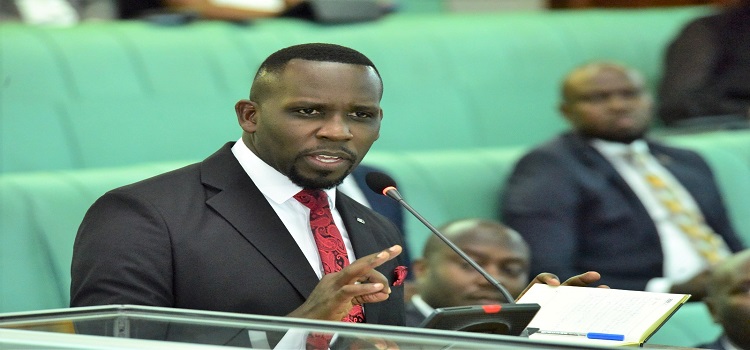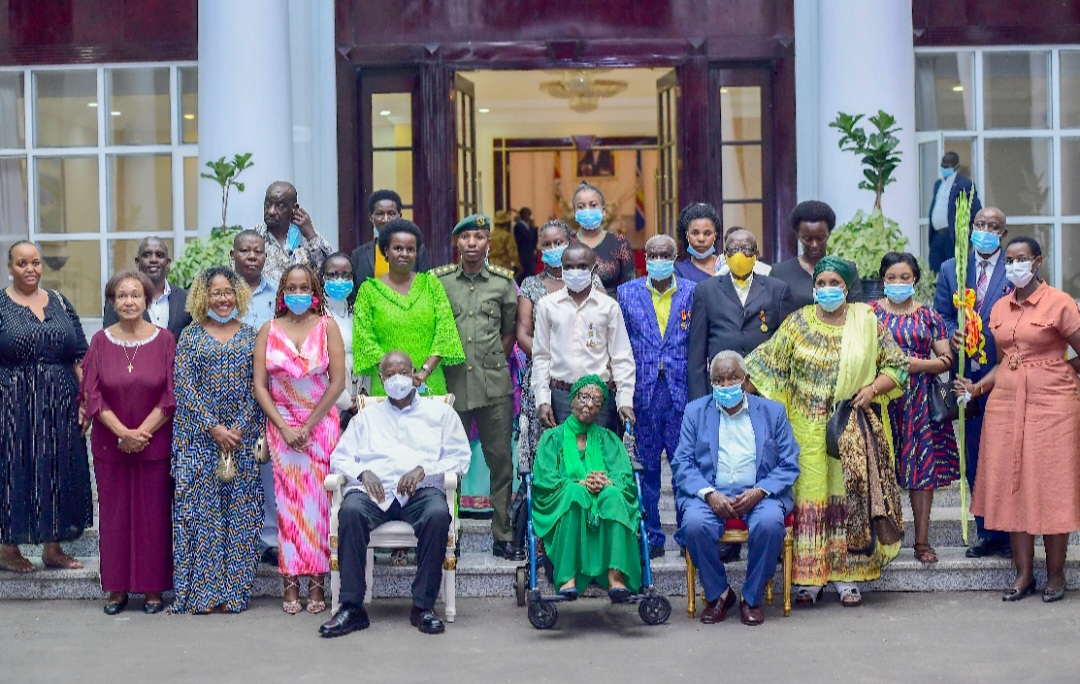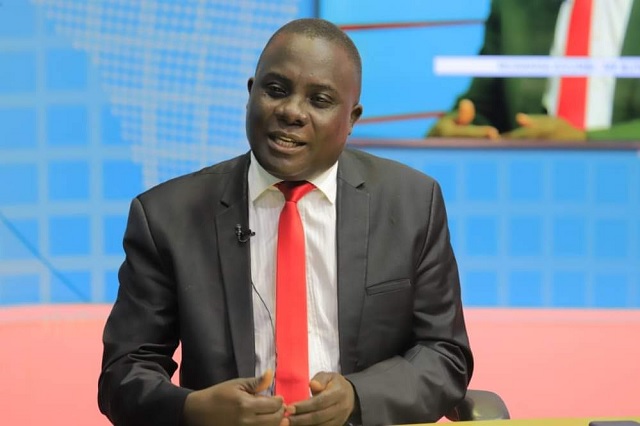By Aggrey Buluba
In a twist that has sparked heated debate across the country, Honorable Joel Ssenyonyi, the firebrand spokesperson of the National Unity Platform, has stepped up to defend his party’s foot soldiers against accusations of arrogance and hooliganism. Appearing on national television earlier today, Ssenyonyi argued that these devoted supporters are being unfairly blamed for provoking the police and other forces into brutal action.
The police recently issued a statement claiming that NUP’s foot soldiers have a knack for “tempting” them into aggression, forcing officers into a corner where they have no choice but to respond with force. But Ssenyonyi was quick to counter these claims, placing the blame squarely on the shoulders of Uganda’s long-time leader, President Yoweri Museveni.
“Our primary concern lies with Mr. Museveni, who has consistently refused to relinquish leadership and instead embraced dictatorship to the extent that he openly boasts about it,” Ssenyonyi declared with a flourish. “I don’t blame the foot soldiers so much because they operate according to orders from above.”
Well, if Ssenyonyi wanted to stir the pot, he certainly succeeded! His cryptic comment about “orders from above” left viewers scratching their heads and furiously typing away on social media. Who exactly is giving these “orders from above”? Was he referring to the police and military’s treatment of opposition members, or was this a veiled swipe at the NUP leadership itself, perhaps even his own boss, Honorable Robert Kyagulanyi, aka Bobi Wine?
As if on cue, the police quickly released a statement denying any wrongdoing in the recent fracas in Bulindo involving Bobi Wine. The police were accused of shooting a tear gas canister at the opposition leader, but they swiftly flipped the script, blaming the foot soldiers for “provoking” them by defying orders. In the police’s version, they were simply forced to deploy tear gas to restore order.
Naturally, the drama didn’t stop there. Netizens, never ones to shy away from a good political debate, jumped in with their own theories. Some backed Ssenyonyi, arguing that Museveni’s regime thrives on chaos and needs foot soldiers as convenient scapegoats. “There is no way we can keep the foot soldiers out of the blame game because Museveni feels powerful because of them and their actions,” one X user argued. “If they watched their actions and gave the military no chance to brutalize them, maybe the regime would have lost relevance by now.”
But not everyone agreed. Others insisted that the foot soldiers must shoulder some responsibility for escalating tensions, saying they often push things too far and provide the government with all the excuse it needs to crack down on the opposition.
Amid all the speculation, one thing is clear: Ssenyonyi’s defense has thrown a spotlight on the delicate balancing act within the NUP and Uganda’s wider political landscape. Who exactly is giving the orders, and where do the true lines of accountability lie? As the debate rages on, the plot continues to thicken as the nation waits for the next act in this unfolding political drama.
Do you have a story in your community or an opinion to share with us: Email us at Submit an Article









